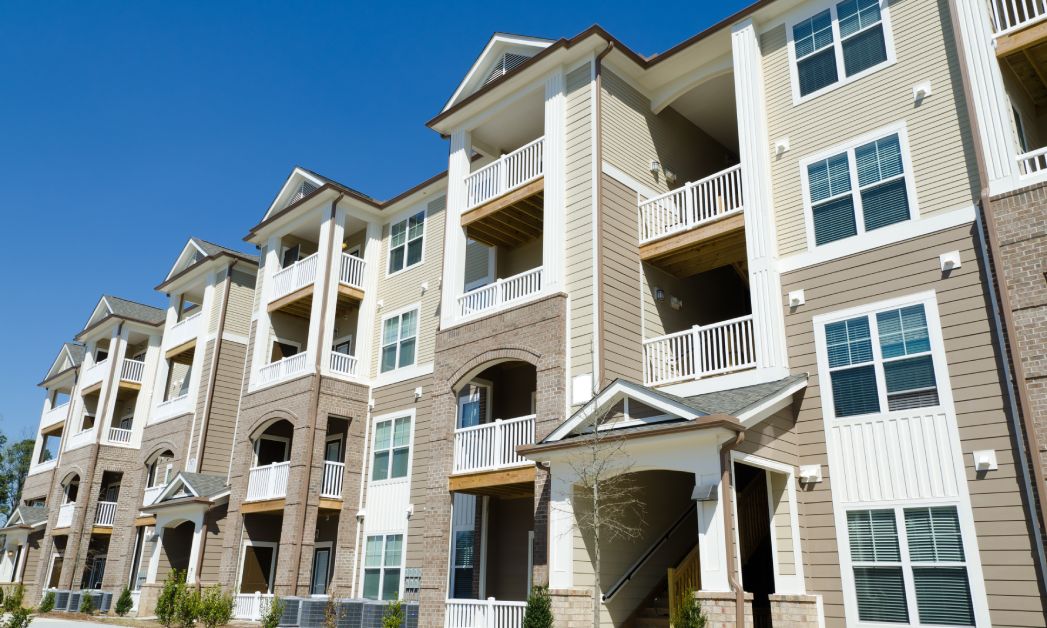As a landlord or property manager, you know that keeping your tenants happy is a priority. Real-time monitoring enables you to address tenant complaints promptly and cut down on their occurrence. Read on to learn just how this happens!
Understanding Tenant Complaints
Tenant complaints are common among rental properties. Grievances include maintenance delays, malfunctioning appliances, and unclean communal areas. When these issues go unresolved, they can lead to tenant dissatisfaction, increased turnover, high vacancy rates, and lost income for landlords and property managers. Addressing tenant complaints is essential for maintaining a positive tenant experience.
The Role of Real-Time Monitoring
Real-time monitoring involves using technology to track conditions and systems on the property. For example, a laundry app for apartments can monitor the status and availability of washers and dryers. When a machine breaks down, the system sends an immediate alert, allowing property managers to address the issue before tenants report it. This proactive approach helps landlords resolve problems quickly and improve the experience for tenants.
Benefits for Landlords and Property Managers
Real-time monitoring offers multiple benefits. Firstly, it improves tenant satisfaction by resolving issues promptl. Secondly it enhances tenant retention rates. Happy tenants are more likely to renew their leases, reducing turnover costs.
Additionally, it helps in reducing maintenance costs and preventing property damage. By catching issues early, landlords can avoid expensive repairs. Finally, it enhances security and safety measures. Monitoring systems can detect unauthorized access or other security threats. Then, landlords and property managers can sure up their security.
Implementing Real-Time Monitoring
Adopting live monitoring requires careful planning. Landlords and property managers need to select the best technology for their properties. They should also consider the type of property and the needs of their tenants when selecting a monitoring system. The long-term benefits far outweigh the initial investment.
Future of Real-Time Monitoring
The future of real-time monitoring in property management looks promising. Trends and innovations promise even greater efficiency and tenant satisfaction. For example, advanced AI and IoT technologies will pave the way for more sophisticated monitoring systems that analyze data to predict maintenance needs before issues arise.
This technology just might reduce tenant complaints even further. The potential impact on the rental market is significant, with such properties being likely to attract and retain tenants.
Real-time monitoring is a game-changer in property management. It significantly reduces tenant complaints, improves tenant satisfaction and retention, and reduces maintenance costs. Integrating real-time monitoring is a smart move for landlords and property managers.
